Analyzing The Next Papal Election: Frontrunners And Outsiders
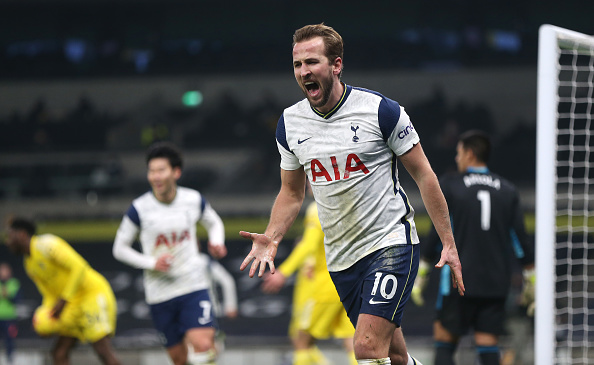
Table of Contents
Potential Frontrunners for the Next Papal Election
Several Cardinals consistently appear in Papal Election predictions. Their backgrounds, theological leanings, and administrative experience heavily influence their chances.
Cardinal Pietro Parolin – The Diplomat
Currently the Vatican Secretary of State, Cardinal Parolin is a seasoned diplomat with extensive experience in international relations. His pragmatic and moderate approach has earned him respect within the Vatican and beyond.
- Strengths:
- Extensive experience in international diplomacy and relations with world leaders.
- Proven administrative capabilities within the Vatican.
- Reputation for a moderate and conciliatory approach.
- Strong network of contacts globally.
- Weaknesses:
- Some may perceive his approach as lacking a strong, distinctive theological profile.
- His focus on diplomacy might overshadow a more pastoral emphasis.
Cardinal Luis Antonio Tagle – The Theologian
The former Archbishop of Manila, Cardinal Tagle is a highly respected theologian known for his emphasis on social justice and his ability to connect with younger generations. His charisma and pastoral approach make him a popular figure.
- Strengths:
- Strong theological background and commitment to social justice.
- Charismatic personality and ability to connect with people.
- Significant popularity among younger Catholics.
- Experience leading a large and diverse archdiocese.
- Weaknesses:
- Relatively less experience in Vatican administration compared to some other contenders.
- His focus on social justice may not resonate with all factions within the Church.
Other Prominent Cardinals
Several other Cardinals frequently feature in Papal Election discussions. Cardinal Jean-Claude Hollerich, Archbishop of Luxembourg, for example, is known for his progressive views on social issues and his commitment to ecumenism. His progressive stance, while popular with some, might be a drawback for others within the College of Cardinals. Similarly, other Cardinals bring diverse backgrounds and theological perspectives to the table, making the election's outcome less predictable. Careful consideration of each Cardinal’s strengths, weaknesses, and theological leanings is crucial for understanding the complexities of the next Papal Election.
Factors Influencing the Papal Election
The Papal Election is a complex process influenced by a multitude of factors, extending beyond the individual candidates themselves.
The College of Cardinals
The College of Cardinals, the body responsible for electing the Pope, plays a decisive role. Its composition, including the geographical distribution and theological leanings of its members, significantly impacts the outcome.
- Geographical Distribution: A balanced representation from various regions of the world is often considered desirable.
- Theological Leanings: The balance between conservative and progressive Cardinals within the College influences the direction of the election.
- Voting Blocs: Informal alliances and voting blocs among Cardinals can significantly shape the outcome.
Current Global Issues and Church Challenges
Pressing global concerns significantly influence the Papal Election. Challenges like climate change, social justice issues, and the ongoing sexual abuse crisis are likely to weigh heavily on the minds of the Cardinals.
- Climate Change: A candidate’s stance on environmental issues will be scrutinized.
- Social Justice: The Church's response to poverty, inequality, and migration will be a key factor.
- Sexual Abuse Crisis: How a candidate plans to address the ongoing crisis will be crucial.
The Spirit of the Holy Spirit
The Catholic Church emphasizes the role of divine guidance and prayer in the Papal Election process. The belief is that the Holy Spirit guides the Cardinals in selecting a leader who best serves the needs of the Church. This spiritual element underscores the importance of selecting a leader with strong faith and unwavering commitment.
Outsider Candidates and Unexpected Outcomes
While frontrunners garner significant attention, the possibility of a surprise outcome remains.
The Possibility of a Surprise Choice
A less frequently mentioned Cardinal could emerge as a frontrunner. This might occur due to unforeseen circumstances, strategic alliances within the College of Cardinals, or the emergence of a candidate who unexpectedly resonates with a critical mass of voters.
Identifying Potential "Dark Horses"
Several Cardinals, while less publicly known, possess qualities that could make them viable candidates. Their relative obscurity might be an advantage, allowing them to appeal to a broader spectrum of Cardinals without the baggage of strong pre-existing opinions. Analyzing their past actions, theological viewpoints, and administrative skills is key to understanding their potential.
Conclusion
Predicting the next Papal Election is a complex undertaking. While certain Cardinals stand out as frontrunners, the possibility of surprises remains. Analyzing the potential candidates, understanding the dynamics within the College of Cardinals, and considering the pressing global challenges facing the Church are crucial for grasping the complexities of this pivotal event. By carefully considering these factors, we can better understand the process leading up to the next Papal Election and appreciate the gravity of selecting the next spiritual leader of over a billion Catholics worldwide. To stay informed about the ongoing developments and the latest analyses on potential candidates, continue following our coverage on the Papal Election.

Featured Posts
-
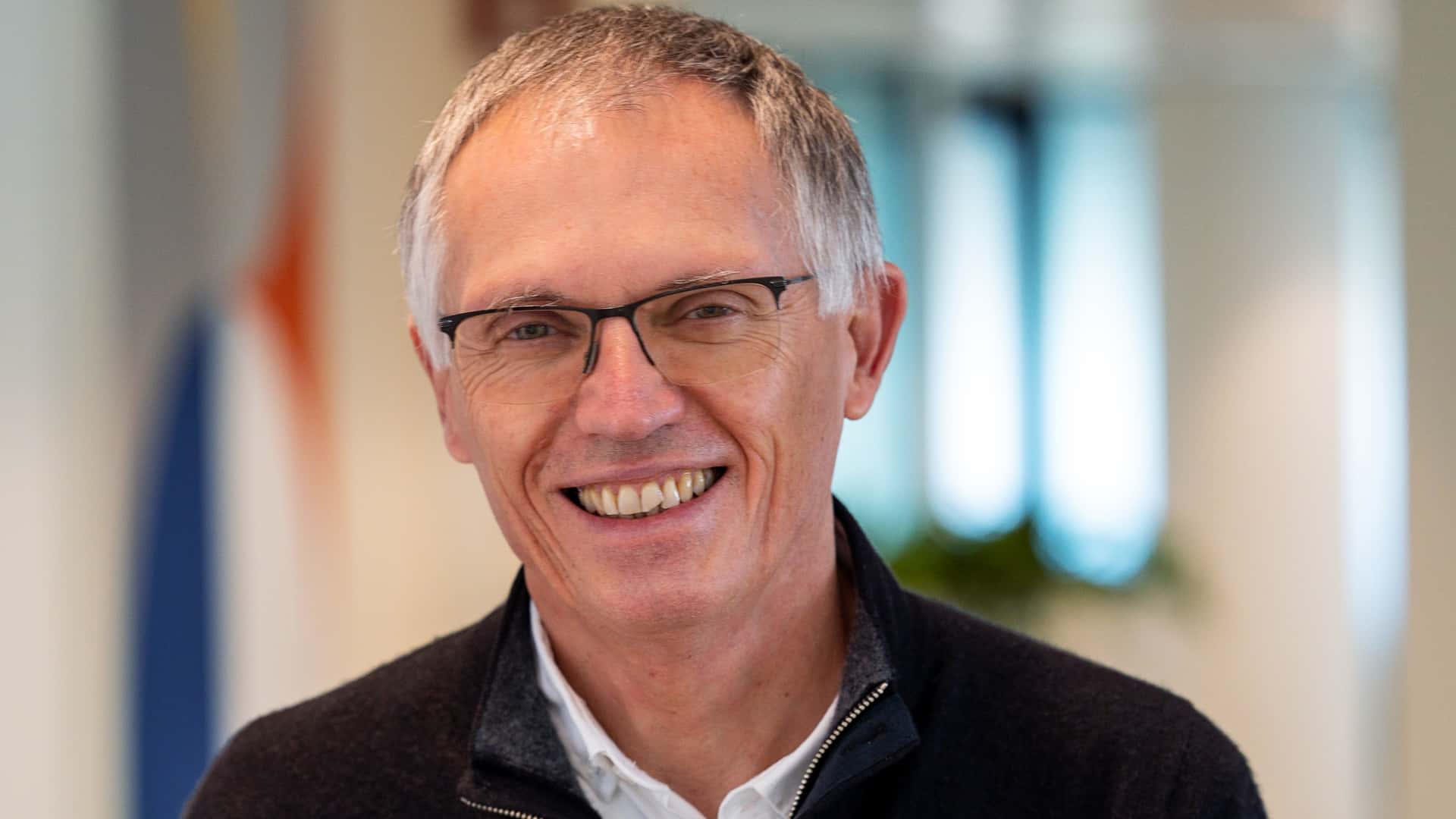 Next Stellantis Ceo Focus On U S Leadership
May 12, 2025
Next Stellantis Ceo Focus On U S Leadership
May 12, 2025 -
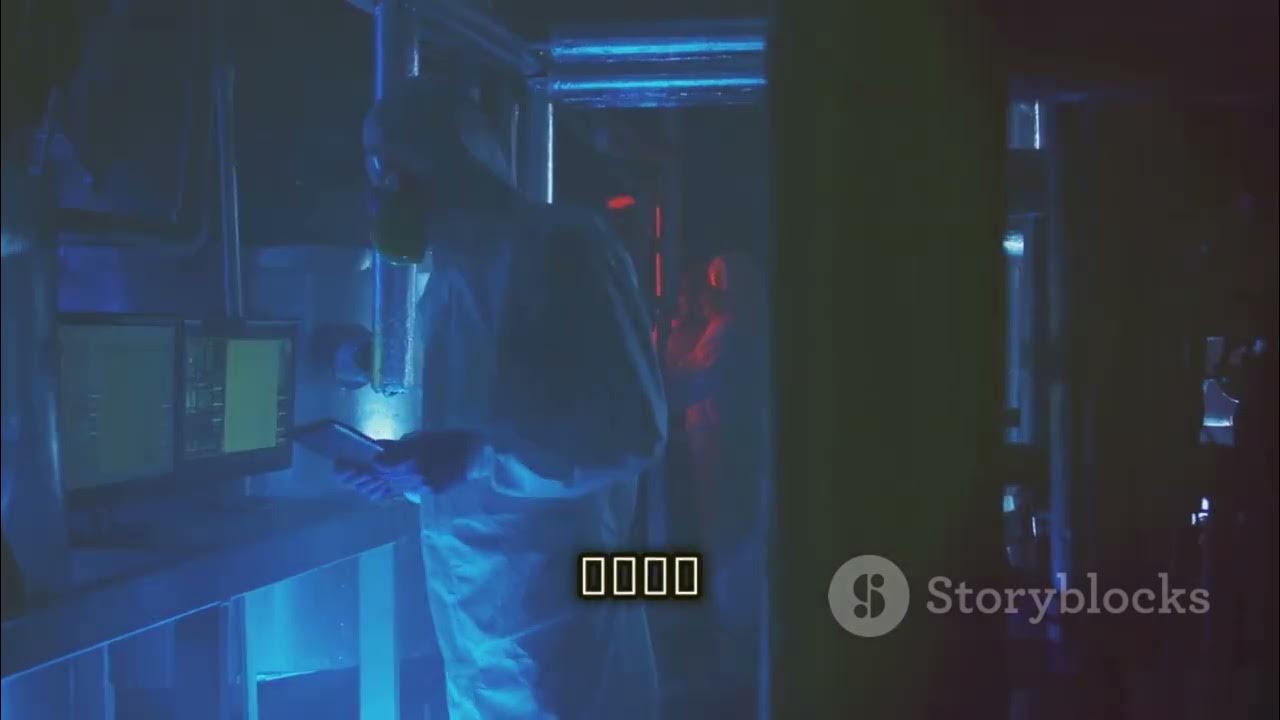 62 Salh Tam Krwz Ky Nyy Mhbt Hqyqt Ya Afsanh
May 12, 2025
62 Salh Tam Krwz Ky Nyy Mhbt Hqyqt Ya Afsanh
May 12, 2025 -
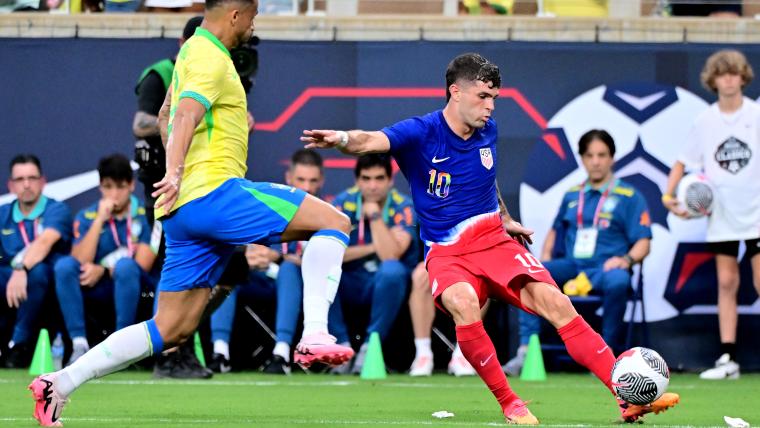 Weekend Usmnt Football Hajis Impressive Hat Trick
May 12, 2025
Weekend Usmnt Football Hajis Impressive Hat Trick
May 12, 2025 -
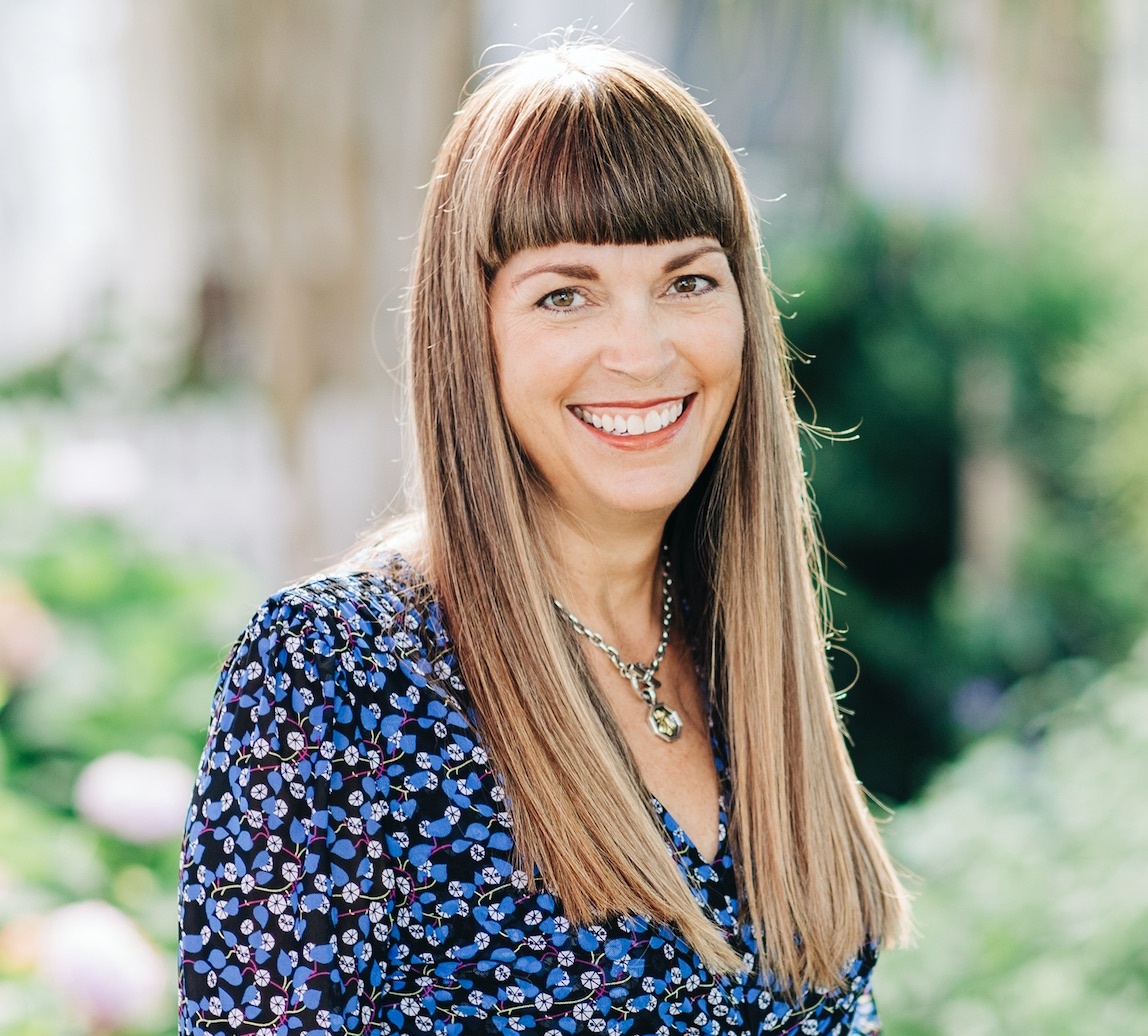 Debbie Elliott Her Influence And Achievements
May 12, 2025
Debbie Elliott Her Influence And Achievements
May 12, 2025 -
 White House Plays Down Uk Trade Deal Impact On North American Automakers
May 12, 2025
White House Plays Down Uk Trade Deal Impact On North American Automakers
May 12, 2025
